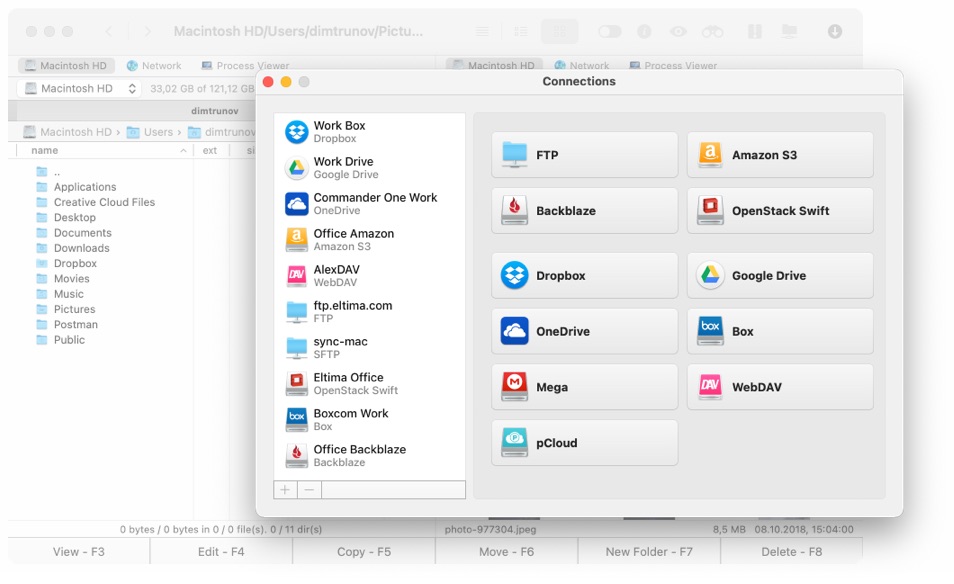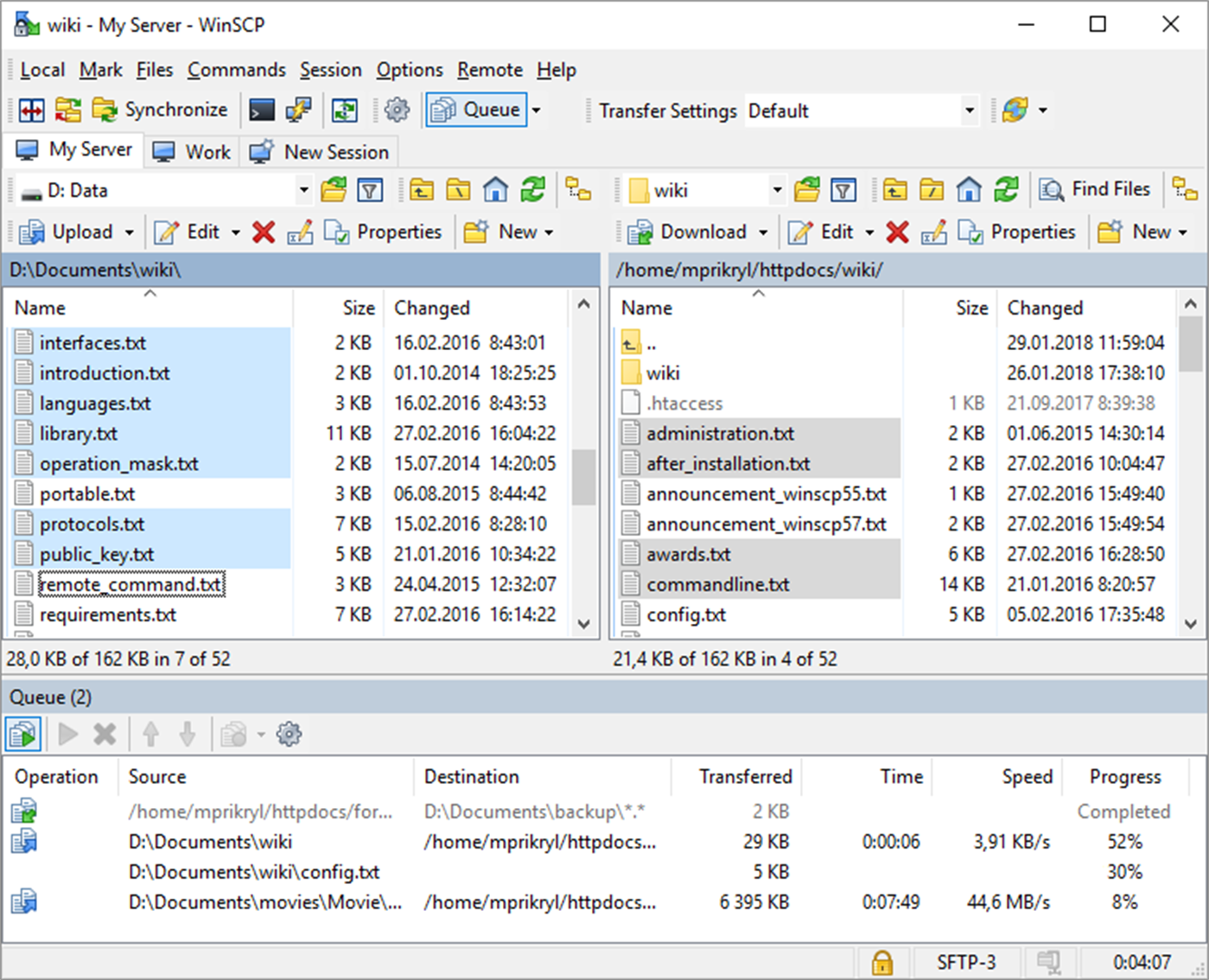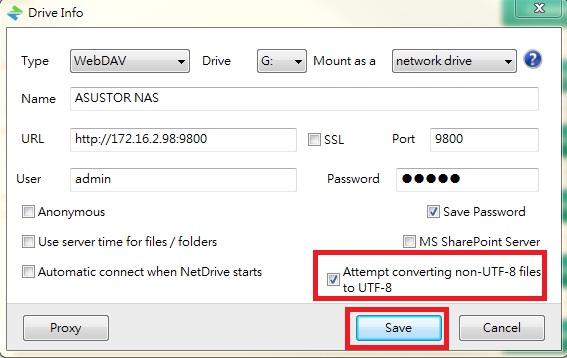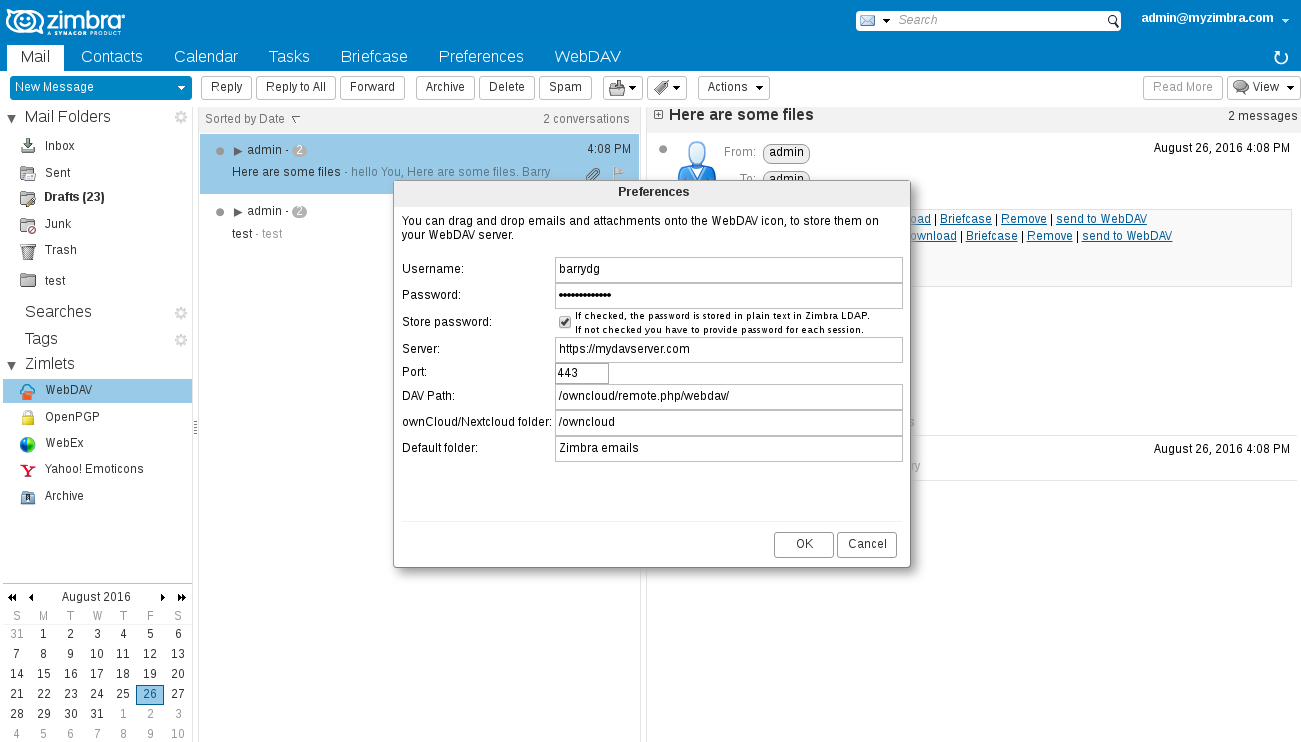
Since WebDAV provides basic files management capabilities, there are quite a few alternatives. What are the main alternatives for WebDAV? This makes WebDAV safe and secure, just like HTTPS. It takes advantage of other web technologies, such as TLS and digest access authentication to provide the required security layer. WebDAV is a protocol that defines the HTTP verbs and headers. In addition, WebDAV serves as the basis for a few additional protocols, such as CalDAV (for managing calendars), GroupDAV (for managing groups and calendars) and CardDAV (for managing contacts) Is WebDAV safe? While WebDAV support first appeared in 1996, and was never extremely popular, WebDAV remains a common protocol, and is supported by many web servers, including Apache, Nginx and Microsoft’s IIS, which can operate as WebDAV servers (either natively, or using an extension module). Other languages have their own implementation, such as Sardine for Java. In addition, I provide a Unity asset for WebDAV access, based on the above library, which is available in the Unity Asset Store. In order to connect to a WebDAV server using C#, you can use my WebDAV Client library, available as a Nuget package, and open-sourced in GitHub. 25, 2019, Box ended official WebDAV support) There are many servers and online services that provide WebDAV support.
Webdav client f windows#
Windows WebDAV clients include the Windows operating system itself, as well as Microsoft Office (both of which provide native support), while Linux has clients such as GNOME Files and Konqueror, and macOS supports WebDAV natively.

What are WebDAV clients?Ĭlients are tools or programs, that can open a WebDAV connection to a server using the WebDAV protocol.
Webdav client f update#
The PROPFIND and PROPPATCH verbs facilitate the retrieval and update of items’ properties, which are represented as key/value pairs, with the key being a Uniform Resource Identifier (URI) and the values being XML elements.

Var folderCreated = await client.CreateDir(folder.Href, tempName) Create a folder (with a random name) in the 'Test' folder Var fileUploaded = await client.Upload(folder.Href, tempName) Upload a file (with a random name) to 'Test' folder Var stream = await client.Download(folderFile.Href) Var folderFile = folderFiles.FirstOrDefault(f => f.IsCollection = false) Var folderFiles = await client.List(folder.Href) Retrieve list of items in 'Test' folder Var folderReloaded = await client.Get(folder.Href) Var folder = files.FirstOrDefault(f => f.Href.EndsWith("/Test/")) Set basic information for WebDAV provider Var client = new WebDAVClient.Client(new NetworkCredential())

Var client = new WebDAVClient.Client(new NetworkCredential
Webdav client f code#
Here’s the sample code taken from the GitHub repository: Downloading & uploading partial content.Supports Unauthenticated or Windows Authentication-based access.Implemented using HttpClient, which means support for extendibility such as throttling and monitoring.

I ended up writing my own library, with the following features: I’ve found several libraries which provide WebDAV support, most didn’t support async/await out of the box, or were not strongly-typed. Async/Await support are not required but preferred. Case in point – WebDAV client implemented in C#. That being said, every now and then I find myself searching for such solutions (whether it’s in GitHub, Google Code, or perhaps just a blog post), and not finding anything useful, even for basic requirements. I always prefer using existing libraries implemented by someone else – it means that I don’t have to study the subject matter, and not less important, that someone else maintains the code for me (test the code, implement new features, follow-up on newer versions of the APIs if any, etc.).


 0 kommentar(er)
0 kommentar(er)
